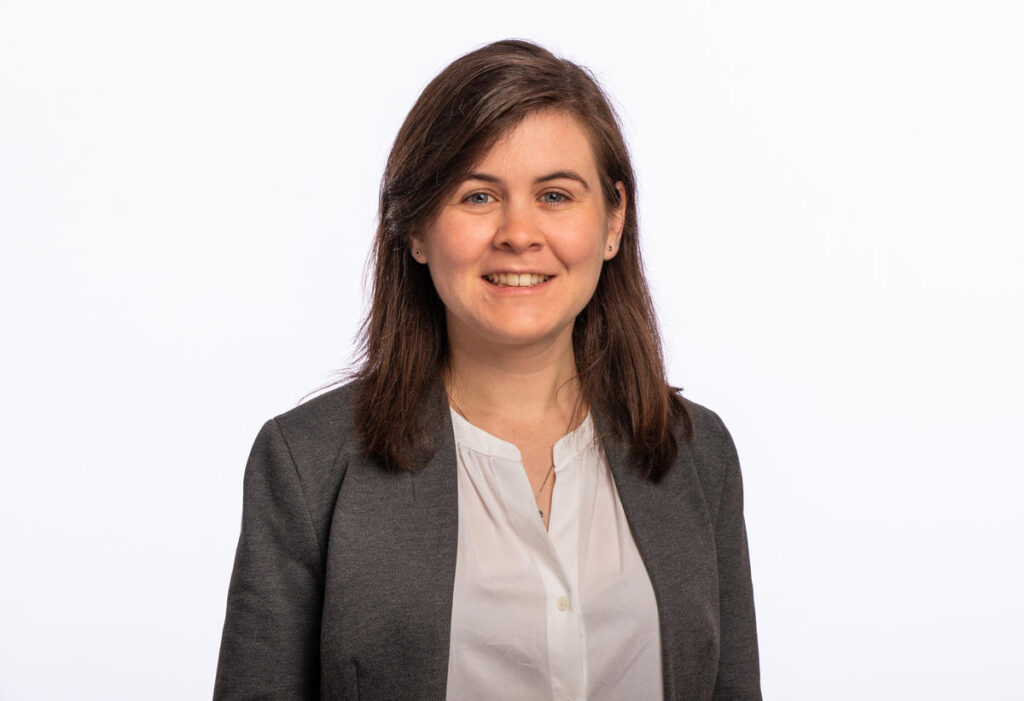Weichman Receives NSF CAREER Grant
Department of Chemistry Assistant Professor Marissa Weichman has been awarded a five-year Faculty Early Career Development (CAREER) grant from the National Science Foundation (NSF), the NSF’s most prestigious award in support of early-career faculty.
Weichman, who joined the Princeton faculty in 2020, earned the grant for her proposal, Gas-Phase Molecular Polaritons: A New Platform for Chemistry Under Strong Light-Matter Coupling. She will investigate the behavior of these emergent phenomena to find interesting new science.

Princeton Chemistry Assistant Professor Marissa Weichman, recipient of an NSF CAREER grant to investigate gas-phase molecular polaritons.
CAREER grants are awarded to tenure-track faculty who have the potential to serve as academic role models in research and education, and to lead advances in the mission of their institutions, according to the grant citation.
Approximately 500 CAREER grants are awarded by the NSF each year.
“The basis for the CAREER proposal is that we’ve demonstrated that we can make these weird, hybrid light-matter states called polaritons in gas-phase molecules, which had not been done before,” said Weichman. “There are only discrete quantum mechanical ways a molecule can vibrate, and discrete amounts of spin that it can have when it tumbles through the air. These give rise to what we call rovibrational states in molecules, particular energy levels that have particular vibrational and rotational properties.
“So, we’ve created polaritons out of these rovibrational states in methane. Now, we can use them as a platform in this really simple benchmark system to study all kinds of interesting questions about the chemistry and dynamics of polaritons.”
Specifically, the Weichman Lab will pursue two questions: one, do these hybrid light-matter methane molecules undergo chemistry differently than a normal methane molecule; and two, how does exciting these molecules by shining intense, infrared light on them affect their dynamics.
As part of the grant’s required educational component Weichman will iteratively update an undergraduate quantum mechanics course—CHM 305, The Quantum World—to make it more accessible, particularly for students who may not have had a strong preparatory background in science.
“The goal is to redesign the class to better serve a broader range of students from different backgrounds and improve the pipeline for underrepresented folks studying quantum mechanics,” said Weichman.
“We’ll do this by developing more educational materials, more asynchronous content, short videos on mathematical concepts that are important to know to do quantum mechanics – and make all that material available publicly.”
Weichman joined Princeton Chemistry in 2020 at the height of the pandemic lockdown. She obtained her B.S. in chemistry from the California Institute of Technology in 2012 and completed her graduate studies in chemistry in 2017 at the University of California, Berkeley. Afterwards, she joined the Ye Group as a NIST/NRC postdoctoral research fellow at JILA, at the University of Colorado, Boulder. She was born in Pasadena, CA and raised in Denver, CO and Bedford, MA.
